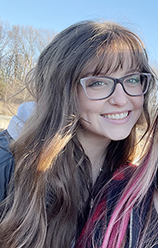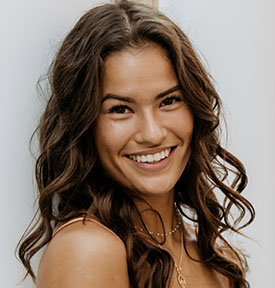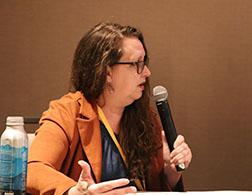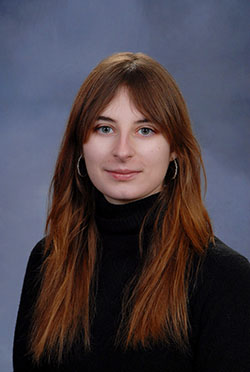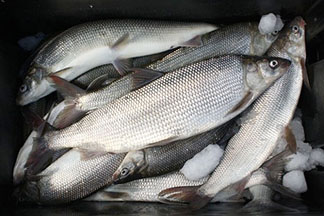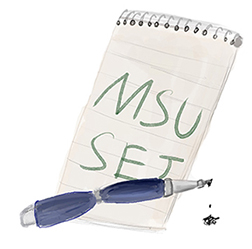 By Clara Lincolnhol
By Clara Lincolnhol
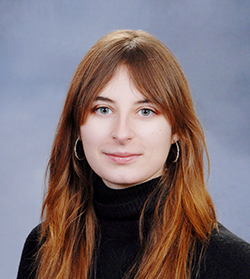
Clara Lincolnhol
This is the 5h in a series of feature stories on environmental topics by Knight Center students who attended the 2025 Society of Environmental Journalists conference.
Urban wildfires differ from those that burn through remote forests, and forest management won’t stop them from happening, fire ecologists at the Society of Environmental Journalists annual conference said.
Fire historian and author Stephen Pyne says we’re dealing with a fire crisis. There’s too much bad fire, too much combustion and not enough good fire, he says.
“We have broken the serial ice ages of the Pleistocene and transformed a minor interglacial into a fire epoch — what I call the Pyrocene,” Pyne said.
The major culprit for increased “bad fires” is human fossil fuel combustion which contributes to climate change and makes wildfires more intense, he said.
Thinning forests is a way to prevent out-of-control fires, but those treatments are rarely done near communities and structures, rendering them unhelpful to deal with the problem of urban wildfires, said Dominick DellaSala, the chief scientist at Wild Heritage, a forestry organization.
These methods are called “fuel treatments” because they attempt to eliminate natural overgrowth and an abundance of kindling materials that fires use to grow and spread.
Thinning and logging can also create problems and contribute to the problem of “bad fires” since deforestation releases greenhouse gases into the atmosphere, contributing to climate change.
Brian Kittler, the chief program officer of American Forests, says building fire-resilient communities requires preparing the communities and not just the forests nearby.
Updating zoning laws, infrastructure, using ignition-resistant materials while building and having defensible space around one’s property are more effective than “fuel treatments,” he said. Continue reading

